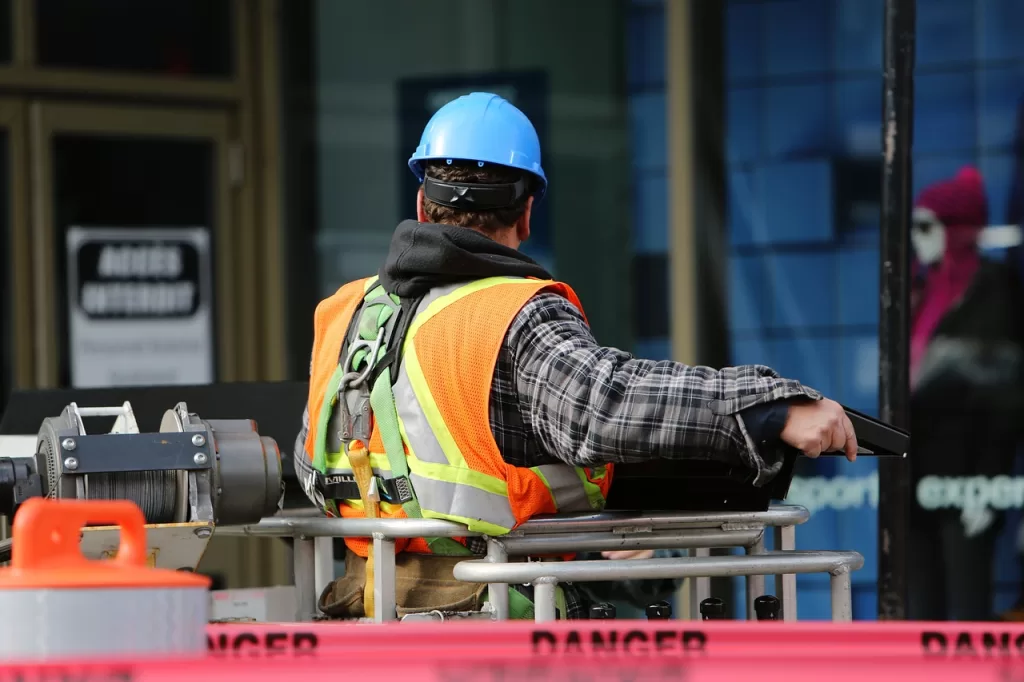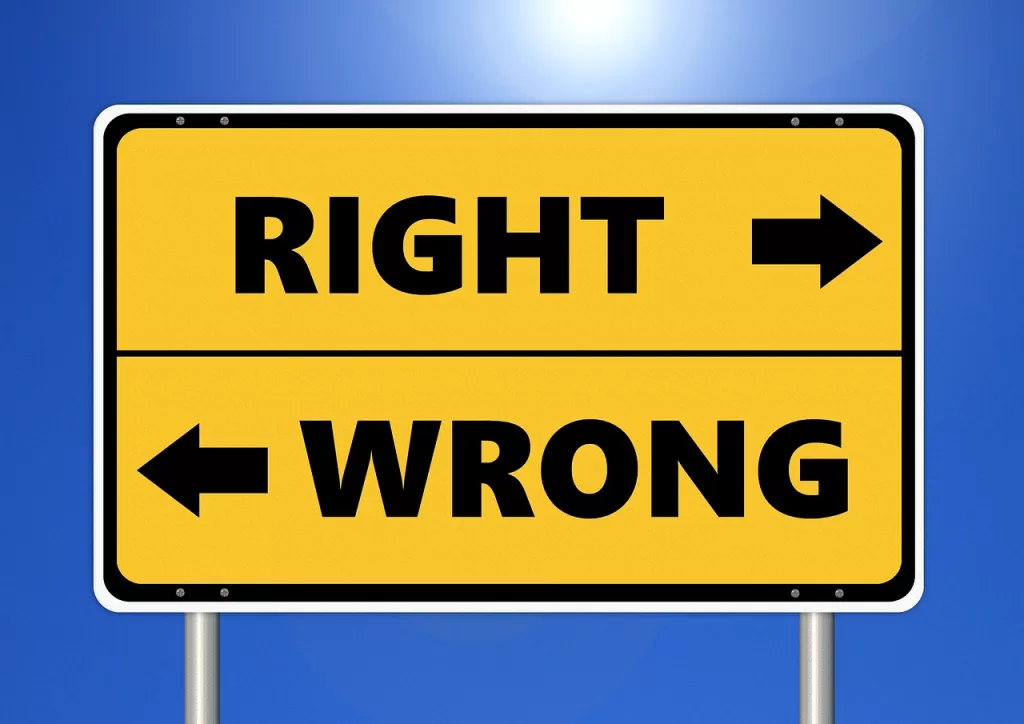In the vast realm of civil engineering, where the echo of the hammer resonates with societal progress, the underpinning ethos goes beyond mere construction. The UK’s civil engineering landscape enriched by historical and contemporary marvels is a testament to a profound ethical framework. Central to this moral infrastructure are the guidelines from reputable entities such as the Engineering Council, Royal Academy of Engineering and the Institution of Civil Engineers (ICE).
The UK’s civil engineering ethos is primarily represented by the Statement of Ethical Principles, a collaborative brainchild of the Engineering Council and the Royal Academy of Engineering. This statement, embodying four fundamental principles—honesty and integrity, respect for life, law, the environment and public good, accuracy and rigor and leadership and communication—serves as the moral compass for the engineering community. These principles resonate well with the global ethics of civil engineering, forming a framework that ensures the profession remains trustworthy, sustainable, and beneficial to the public.

Further enriching this ethical landscape is ICE’s ‘Say No’ Ethics Toolkit, a pragmatic guide for engineers facing ethical dilemmas particularly those veering towards bribery accusations. The toolkit offers a structured approach to ethical decision-making, elucidating when to say no, how to say no, and the recourse when saying no isn’t feasible. Available both as a webpage and an app, this toolkit transcends the theoretical ethos offering a hands-on approach to upholding moral integrity in practical scenarios.
Diving deeper into the ethical conundrum, ICE also presents a series of business ethics scenarios, showcasing real-world dilemmas across diverse topics like corruption, environment, health and safety, tendering and more. These scenarios, beyond just highlighting the problems, prompt engineers to introspect on the legality, professional conduct, stakeholder consideration and the broader perception of their actions. The final litmus test—how would one feel if their actions were headlines in tomorrow’s newspaper—reflects the magnitude of ethical considerations in civil engineering.
Moreover, ICE emphasizes not only individual ethical conduct but propagates a culture of collective ethical awareness. It encourages discussions on ethical issues within project meetings and organizing workshops to debate case studies, thereby fostering a culture of moral mindfulness. The dissemination of ethical awareness transcends to non-ICE members too, underlining the multi-disciplinary nature of engineering projects.
The ethical conversation does not end here. The dialogue is extended to the broader community through various initiatives. Engineers are urged to share best practices by giving presentations on ethical practice and the ICE Code of Professional Conduct during company lunches or at professional gatherings. This active dissemination of ethical knowledge amplifies the ethos of moral conduct within and beyond the engineering community.
Intertwining the guidelines from the Engineering Council, Royal Academy of Engineering and the practical tool from ICE creates a robust ethical framework for the UK’s civil engineering sector. This amalgam not only elevates the moral fabric of the engineering community but also amplifies the trust and respect within the societal-engineering interface.
The essence of civil engineering is not just in the towering structures but in the unseen ethical pillars that uphold them. The UK’s civil engineering ethics, embedded in a rich tradition of moral guidelines and practical tools is a beacon of moral integrity. It’s about maneuvering through the complex moral maze with a clear ethical vision ensuring every brick laid and every beam placed resonates with the profound responsibility engineers hold towards society and the environment.
In a world where headlines are often dominated by a lot of ethical lapses, the UK engineering sector still stands as a sterling example of moral robustness. The ethical guidelines together with practical tools like the say no tool kit discussed earlier foster a culture where ethics is not just a checklist but a living breathing ethos guiding every decision, project and interaction in the engineering world. This blueprint has thus created a sector that encompasses trust, integrity and societal values elevating the skyline not only in height but in moral stature as well.
